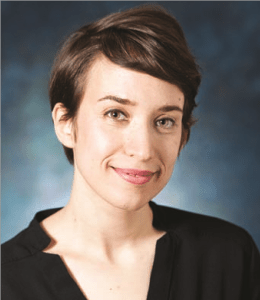by Deb Kraus



We gathered after services on Shavuot to reconstruct the 10 commandments. I’ve been wanting to talk about this for awhile, and Carol let me add a group to the study sessions that Kathryn and Seth were doing.
WE had a multigenerational group: from Odile, celebrating her 76th birthday tonight, to Sidney and Elsie, our young sages. It was hard to stay on track, but I think we treated everyone according to the commandments we reconstructed beow.
First we talked about the ones that either we had problems with or the ones that while good, probably wouldn’t make the cut of being one of the “ten.” This included “do not commit adultery,” presumed to have meant something more at the time and presumably there to promote the patriarchy. We ended up including it under “having ethical relationships.” In fact, we ended up combining 6-9 into this commandment, after many conversations about when murder, stealing and lying might be understandable, but realizing that this was the underlying principle.
Similarly we had a long conversation about “honoring your mother and father, “both in terms of whether honoring was the right verb and whether mother and father were the right objects of that verb. It turns out we wanted something that was more inclusive of the powerful mentors and teachers and other elders in our lives, and at one point we decided to include children in here as well. And then we realized that welcoming the stranger, mentioned 36 times in the torah, might fit in here too, although when I got home and wrote this out, we only had 9 so I gave it its own number.
Sidney, our young sage, echoed (without knowing it!) what Caleb Shoup talked about in his bar mitzvah d’var on this topic several years ago. How he asked, can you say it’s wrong to have a feeling? He was referring to “do not be envious of others,” the coveting commandment He suggested we should focus more on gratitude. This is how “have gratitude for all you have” came to be part of our 10.
People had problems with the idea of using God’s name in vain. It was one of those things where it felt too ubiquitous to condemn ourselves for it. That didn’t convince me, but when Rena said “We should talk about not disrespecting or misusing God,” that resonated with everyone more than anything about language. It’s Shulweis’ predicate theology once again. Act Godly!
“Do not make or worship idols” provoked a lot of conversation about how what we pay attention is really what we worship, whether it be money, food, video games, power….so we changed #2 to “Don’t lose sight of what’s important.”
We didn’t mess with the first commandment, figuring that monotheism is too central to Judaism to reconstruct.
Then we turned our attention to what isn’t here and found that we wanted to pay more attention to the earth and all creatures. And we wanted something about caring for ourselves, which eventually got combined in with Shabbat.
Lastly, “Make liberal use of apologies and work to right your wrongs.”
Here is our list:
1. I am God. Don’t’ have any others.
2. Don’t lose sight of what’s important or worship other things or Gods
3. Do not disrespect or misuse God. Act Godly.
4. Take care of your body, mind and soul. Have a day of rest to replenish yourself and keep it holy.
5. Honor your elders, whether they are teachers, parents, elders. Honor your children. In fact honor everyone.
6. Love and welcome the stranger. Humanize everyone. Respect individuality and work to have empathy for everyone.
7. Have ethical relationships. Treat others how you would want to be treated and don’t treat others how you don’t want to be treated.
8. Make liberal use of apologies and work to right your wrongs.
9. Honor the earth by caring for all life’s creatures and the natural world. Work to repair and tend and heal the world back to its original condition. Remember there is no “away” and every place is someone’s back yard.
10. Have gratitude for all you have.









